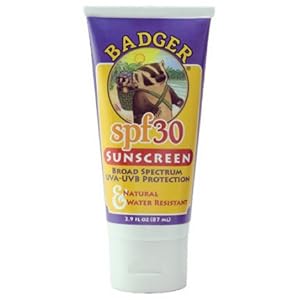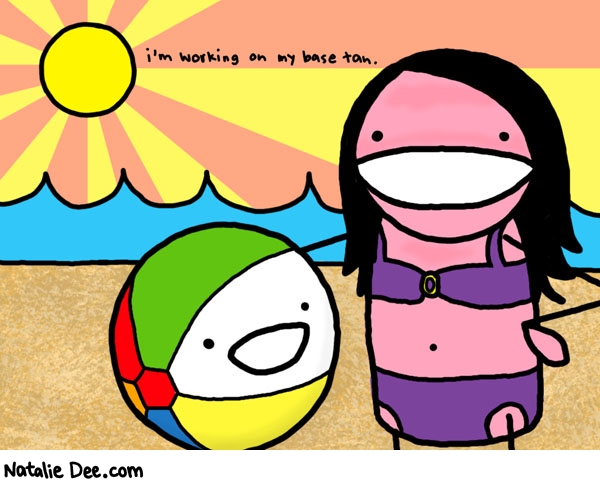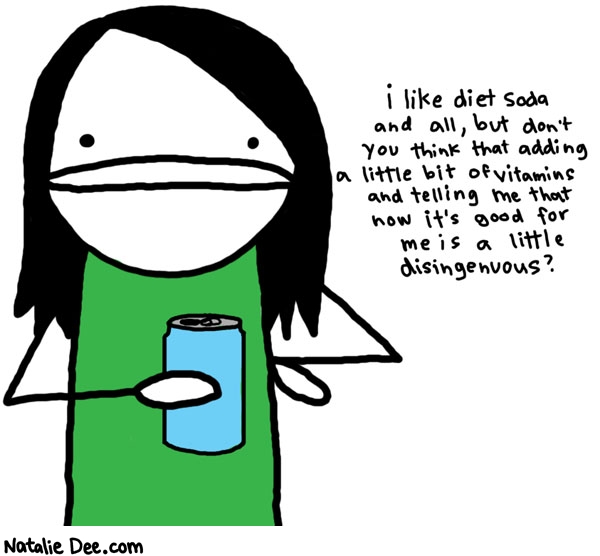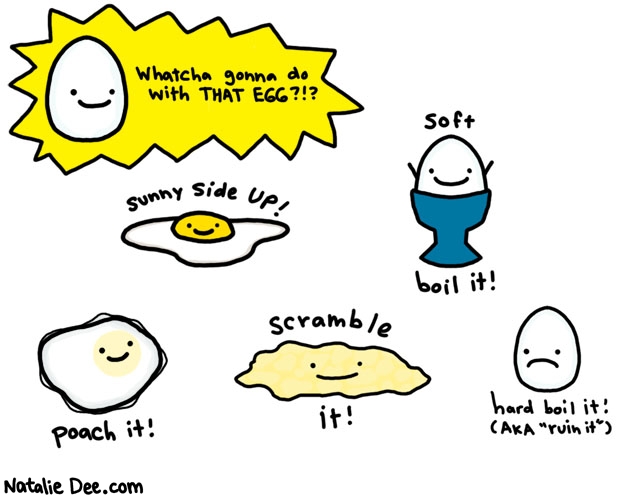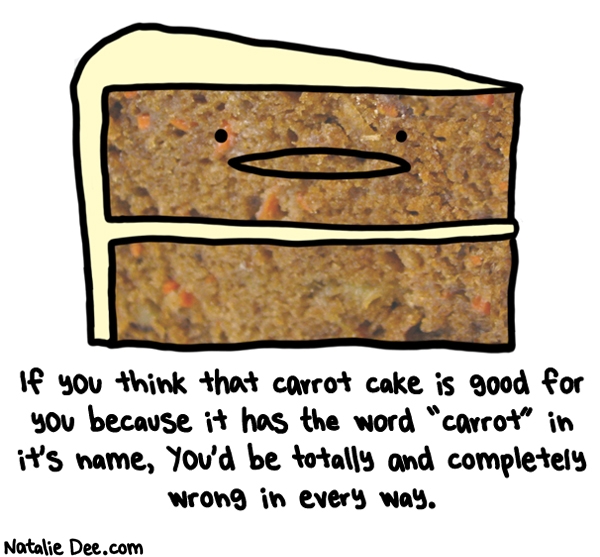 |
| 1000 x better than a flu shot |
For those of you who are unaware...it is not really necessary to get a flu shot. People get sick because they have compromised immune systems. So all you have to do is work on building your immune system and you can avoid getting sick.
P.S. every time I have gotten a flu shot I have gotten the flu. When I don't get the flu shot, I don't get the flu. Go figure. You can see why I am against getting the flu shot.
How do I build my immune system?
1) Take a vitamin D supplement every day. Check our Vitamin D guide for details about choosing the proper dosage.
2) Get as much sunlight as you can for as late into the year as you can manage. Even getting sunlight on just your face helps produce more vitamin D in your body. (I go tanning in the winter for a few minutes a few times a week)
3) Drink immune-boost beverages like Raw Generation Juices, which contains a blend of dark greens including wheatgrass! Get much needed vitamins and minerals in one bottle (or shot of wheatgrass juice). (shameless plug!)
4) Get regular exercise to boost your circulation and immune strength. This exercise should be frequent and moderate. Do not over-stress yourself at the gym, or your immune system will be temporarily compromised.
5) Take supplements especially designed to protect your respiratory tract. These include Lomatium, Osha, Elderberry and more.
6) Eat more meals that are rich in pungent spices. Eat more curry, which is rich in turmeric. Eat more ginger. Eat more cilantro, rosemary, thyme and other rich spices. This includes cloves and nutmeg, two spices you'll typically find in eggnog drinks. These spices boost immune function and taste great, too!
7) Clean up your diet. If you're eating cheese and drinking processed milk, those substances are to be avoided during the winter influenza season, especially. In many people, cheese and dairy products tend to cause sinus stuffiness, which is really a lack of sinus circulation. This can make you more susceptible to physically catching and harboring a virus floating around.
8) Boost your trace minerals intake, especially zinc. Both zinc and selenium are hugely important for immune function. Zinc is especially well known for functioning as a shield support against many viral attacks. One of the best ways to boost your trace minerals intake is to switch to a natural sea salt or a high-mineral salt.
9) Move your lymph! Rebounders (mini trampolines) are great for this purpose. Jumping rope also works, as does just hopping in place for a few minutes each day. You can also do arm rotations and other simple movements to keep your lymph circulating. Lymph movement is crucial for immunity.
10) Take immune-protective herbs such as goldenseal, garlic, echinacea, osha root and elderberry.
11) Get plenty of sleep. A lack of sleep compromises the immune system.
12) Reduce your levels of chronic stress, if possible. Stress also compromises your immune system, and it even "uses up" nutrients in your body, leaving you nutritionally depleted.
13) Laugh a little! Watch some comedy movies, or spend some fun time with family and friends. Laughter boosts immune function at many levels. It's good for your body and your mental health. Find creative ways to expose yourself to comical situations and you'll benefit as a result. :-)
Instead of getting the flu shot... try a daily wheatgrass shot! I drink at least a bottle of our Recipe #2 each day (which includes wheatgrass).



